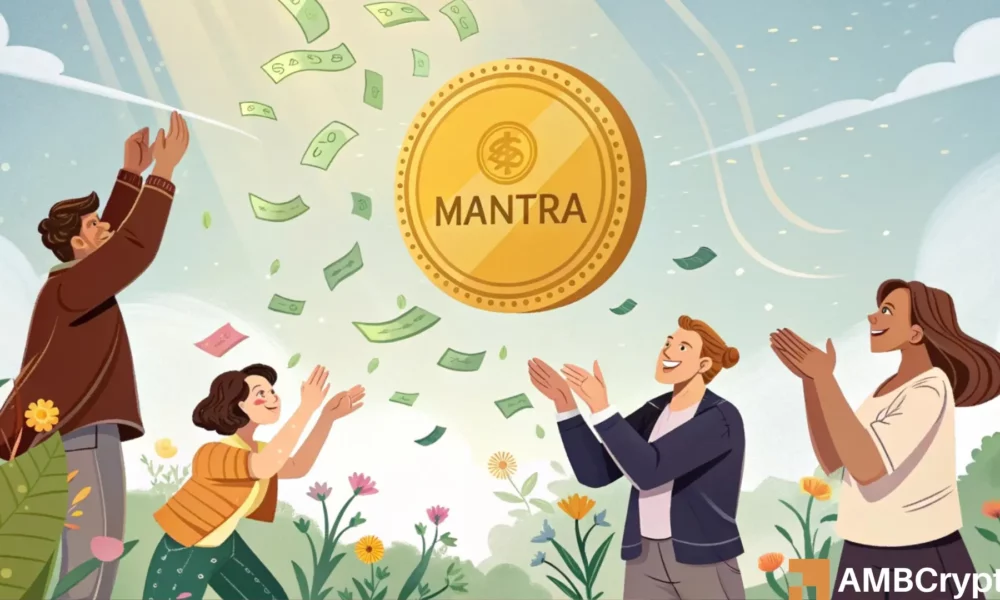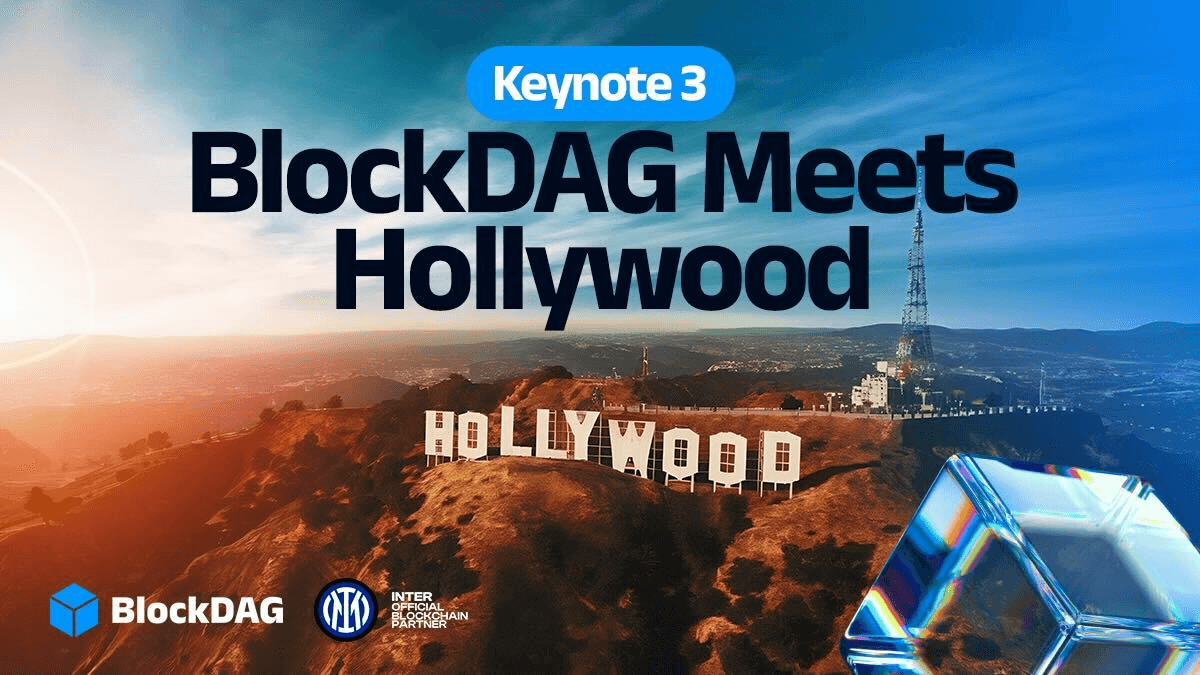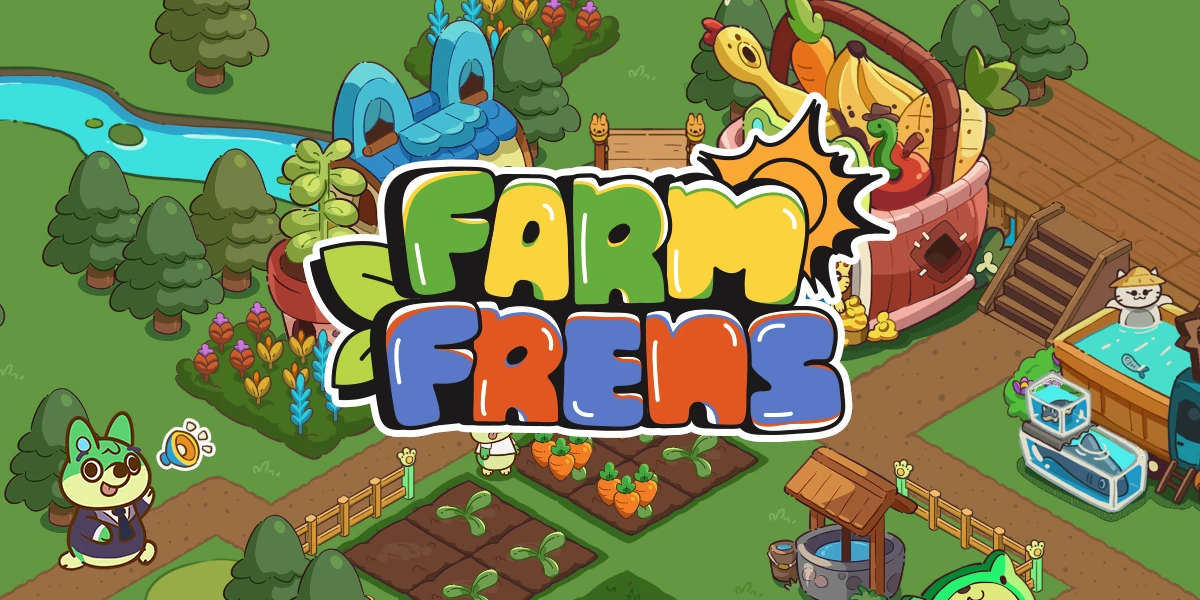The idle game BANANA has reached an extraordinary milestone, attracting 5 million users in less than three weeks since its launch. This remarkable achievement underscores BANANA’s status as one of the fastest-growing games on the TON blockchain and highlights the platform’s immense potential for user engagement and adoption.
A Lightning-Fast Ascent
Backed by CARV, a leading modular data layer for gaming and AI, BANANA’s rise has been nothing short of meteoric. The game launched with a bang, amassing 1 million users within just 72 hours of its debut. Since then, its user base has grown rapidly, currently boasting over 1 million daily active users, 1.4 million connected social accounts, and 45 million in-game tasks completed.
In the world of BANANA, players are immersed in a game where they collect various types of bananas, each with unique attributes and rarities. The gameplay revolves around clicking on bananas to earn points (PEELs). If players are lucky, they can trade these bananas for rewards, including significant prizes like USDT, with the potential to earn up to $500. This combination of simple gameplay and rewarding incentives has captivated millions, driving the game’s rapid growth.
The Power of the CARV Protocol
A key driver behind BANANA’s success is the CARV Protocol, which introduces a revolutionary approach to data sovereignty in gaming. The CARV Protocol allows players to own, control, and monetize their in-game data, enabling them to directly participate in the value their engagement generates. This unique feature has resonated with players, further fueling the game’s popularity.
CARV CGO Leo Li said, “We’re not just celebrating the game’s growth today – we’re ushering in a new data era and empowering the future of data in gaming and AI. Reaching 5 million users proves the power of incentive-aligned games on TON. We’re committed to a fair, transparent data ecosystem benefiting both partners and gamers and look forward to developing more in this direction.”
A Broader Trend in TON Gaming
BANANA’s success is part of a larger trend within the TON ecosystem, where other games like Hamster Kombat and Notcoin have also attracted millions of users on Telegram, a chat platform integral to the TON blockchain. The rise of these games highlights the potential for mass adoption of decentralized applications on TON, particularly when combined with the platform’s vast user base.
Li explained, “The rise of games like BANANA demonstrates the immense potential when you combine Telegram’s vast user base with incentive-aligned gameplay. With half of Telegram’s 950 million users interacting with mini-apps monthly, we’re just scratching the surface of what’s possible.”
Future Prospects and Collaborations
CARV Protocol is a modular data layer that facilitates data exchange and value distribution across the gaming and AI sectors. It encompasses end-to-end data flow processes, including data verification, identity authentication, storage, processing, model training, and value distribution. With the CARV Protocol, individuals can own, control, verify, and monetize their data, revolutionizing how data is used and shared.
This ensures privacy, ownership, and control are firmly in the hands of individuals, pioneering a future where data generates value for all. Looking ahead, CARV is committed to fostering further growth within the TON ecosystem. The team is leveraging its expertise in user engagement and data management to collaborate with other innovative TON-based projects, while also exploring opportunities for first-party game development.
“The success of BANANA is just the beginning – we’re excited to continue pushing the boundaries of combining engaging gameplay with user-centric data. Watch this space,” added Li. As the game continues to grow, players and developers alike are eager to see what the future holds for BANANA and the broader TON ecosystem. For those interested in joining the action, BANANA is available on Twitter (X) and Telegram, offering a simple yet rewarding gaming experience that is proving to be a hit with millions.
Credit: Source link















































